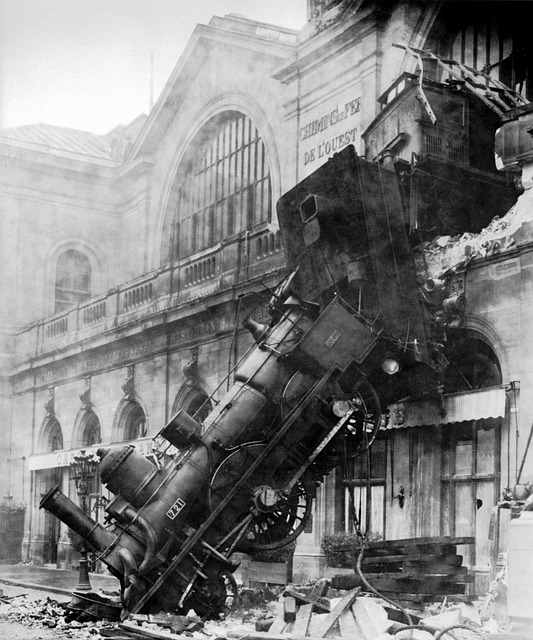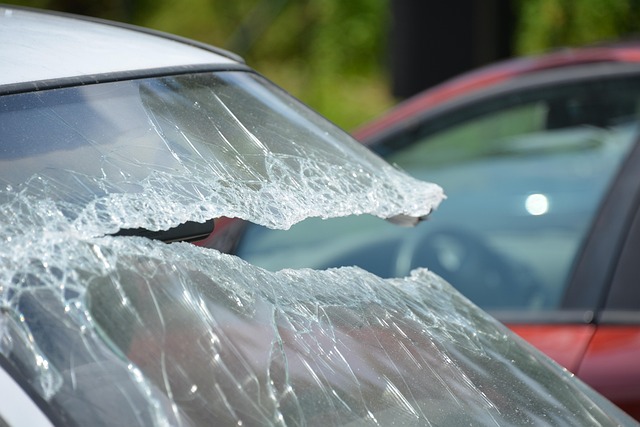In Brooklyn, alcohol-related motorcycle accidents pose a significant concern, leading to severe injuries and fatalities due to motorcyclists' increased vulnerability. Legal cases have prompted discussions and legislative changes to deter impaired driving and enhance rider protection. Rideshare services face legal scrutiny regarding these accidents, with courts rigorously examining companies' responsibilities in safeguarding passengers. Companies are now implementing stringent measures like enhanced driver screening and GPS tracking to prioritize safety and prevent risky driving practices.
“In recent years, Brooklyn has witnessed a surge in alcohol-related motorcycle accidents, raising significant safety concerns. This article delves into the complex landscape of rideshare safety litigation, focusing on the unique challenges posed by these accidents. We explore how rideshare services influence safety cases and examine legal considerations through real-world case studies. Additionally, we highlight potential strategies to enhance safety measures for riders and passengers, aiming to mitigate the impact of alcohol-related motorcycle incidents in Brooklyn.”
- Understanding Alcohol-Related Motorcycle Accidents in Brooklyn
- The Role of Rideshare Services in Safety Litigation
- Legal Considerations and Case Studies
- Enhancing Safety Measures for Riders and Passengers
Understanding Alcohol-Related Motorcycle Accidents in Brooklyn

In Brooklyn, alcohol-related motorcycle accidents are a significant concern, often resulting in severe injuries or even fatalities. These incidents highlight the dangers of impaired driving and the need for heightened safety measures. Motorcyclists, due to their vulnerability on the road, bear a disproportionate risk when drivers operate under the influence. The unique dynamics of motorcycles make them more susceptible to loss of control and severe collisions.
Brooklyn’s bustling streets and highways become even more treacherous when combining the factors of alcohol consumption and motorcycle riding. Many legal cases involving alcohol-related motorcycle accidents in Brooklyn have led to important safety discussions and legislative changes, aiming to deter impaired driving and enhance rider protection. Understanding these accidents is crucial for promoting road safety and ensuring that both drivers and motorcyclists can share the roads safely.
The Role of Rideshare Services in Safety Litigation

Rideshare services have become an integral part of modern urban transportation, offering convenience and accessibility to millions of users daily. However, their role in safety litigation, particularly regarding alcohol-related incidents, has garnered significant attention. In cases of motorcycle accidents caused by drunk drivers in Brooklyn, rideshare companies often face scrutiny for their background screening processes and driver monitoring systems.
These legal battles highlight the complex relationship between rideshare services and public safety. On one hand, they contribute to road safety by providing alternatives to impaired driving. On the other hand, failures in their operational protocols can lead to devastating consequences. Alcohol-related motorcycle accidents involving rideshare drivers have prompted a closer look at the industry’s liability and the potential gaps in ensuring passenger and bystander safety.
Legal Considerations and Case Studies

In rideshare safety litigation, legal considerations play a crucial role in shaping case outcomes. When it comes to alcohol-related motorcycle accidents in Brooklyn, for instance, courts often scrutinize the responsibility of rideshare companies in ensuring passenger safety. Key issues include whether drivers were properly screened, if background checks were comprehensive, and how well companies respond to known safety hazards, such as intoxicated drivers. Case studies have shown that plaintiffs can hold ridesharing firms accountable for negligence under state laws, with damages ranging from medical expenses to loss of quality of life.
These legal battles often turn on detailed investigations into the company’s policies and practices. For example, in recent cases involving alcohol-related accidents, courts have examined data on driver intoxication rates, response times to safety reports, and the availability of safety features like driver-side airbags. Real-world case studies, where plaintiffs successfully navigated these legal complexities, offer valuable insights for future litigation. They highlight the importance of stringent safety protocols, ongoing monitoring, and proactive measures to prevent accidents, especially those linked to alcohol consumption.
Enhancing Safety Measures for Riders and Passengers

In light of the growing concern for passenger safety in rideshare services, many companies are now focusing on implementing stringent measures to prevent alcohol-related motorcycle accidents Brooklyn has witnessed in recent years. These initiatives aim to ensure a secure journey for riders and passengers alike. One primary strategy involves enhancing driver screening processes, including thorough background checks and regular drug and alcohol testing, to maintain the integrity of their workforce.
Additionally, rideshare apps are integrating advanced technology to monitor driver behavior during trips. This includes GPS tracking and real-time monitoring of driving patterns to identify potential impairment or risky behavior. Such innovative safety protocols not only deter unsafe practices but also allow for swift intervention should any concerns arise.
Alcohol-related motorcycle accidents in Brooklyn have prompted rideshare safety litigation, highlighting the critical need for enhanced safety measures. As the role of rideshare services continues to evolve, understanding legal considerations and case studies is essential. By implementing stricter guidelines and advanced safety technologies, we can foster a more secure environment for riders and passengers alike, ultimately reducing the occurrence of these devastating crashes.
